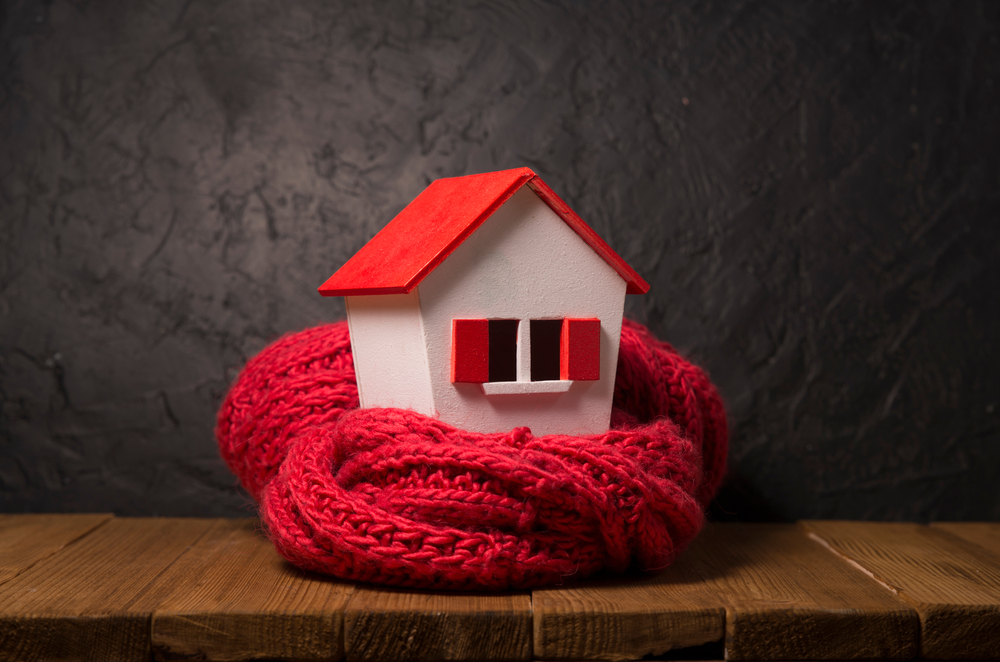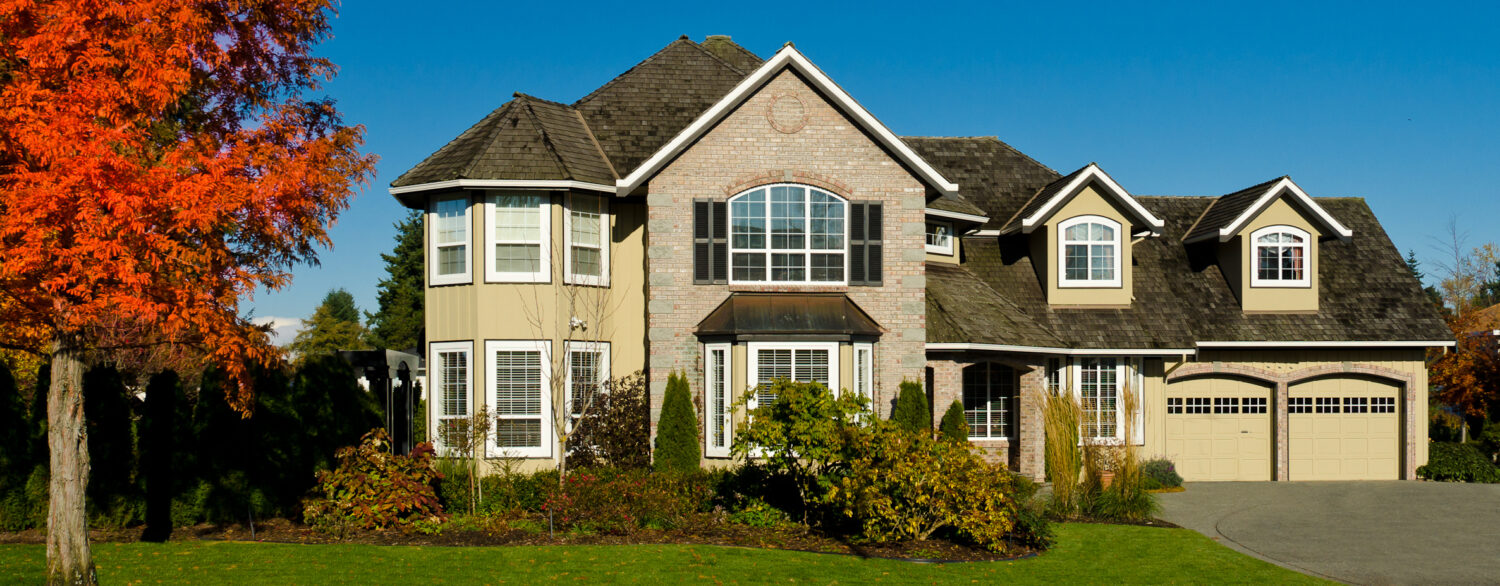What Is A Mortgage?
A mortgage can be defined as a type of loan specifically designed for purchasing or maintaining a property (land, a home, or any other type of real estate). While you apply for a mortgage, the borrower agrees to pay off the lender over time. This is often accomplished through a series of regular payments divided into principal payments and interest. However, the property will serve as collateral.
Because there are many mortgage lenders, a borrower has the right to choose their preferred lender. On the other hand, different borrowers have different requirements, including a minimum credit score, a down payment, and more. Of course, there is a thorough process before receiving a mortgage.
It is critical to note that mortgage types differ based on the needs of the borrower, like fixed-rate loans, conventional loans, and others.

How Does A Mortgage Work?
Mortgages allow you to purchase property or real estate without paying the full amount for it. What does this mean? It simply means that you, as the borrower, will have to pay for the loan plus interest for a specific number of years. This is until the property becomes yours. Traditional mortgages are mostly fully amortized. You’ll pay the same amount (principal and interest) until the loan’s paid off. Remember, typical mortgage refinancing terms range from 15 years to 30 years, with most preferring 30 years due to its low scheduled repayment plan.
If, for any reason, the borrower fails to pay the mortgage, the lender can foreclose on the property. That is because the mortgage is a lien against the property.
When residential home buyers take out mortgages, they pledge their house to lenders, which they can claim if they don’t pay. When the lender forecloses on the property, they can evict the borrower or residents. They can sell the real estate, and use the money from the sale to pay the mortgage debt.
What Is The Mortgage Process?
Anyone seeking to borrow a loan will apply to different mortgage lenders. All lenders will request proof that the borrower can repay the mortgage loan. As such, the lender will be required to provide recent tax returns, investment and bank statements, and proof of current employment. After this, the lender will check your credit.
If everything checks out, the application will be approved. However, the lender will offer a loan of a certain amount (all based on the information you provided). The borrower can apply for a mortgage after identifying the property they wish to purchase. This is a process known as pre-approval. Whenever a home buyer is pre-approved for a loan, it gives them an edge in the current housing market.
The moment the home buyer and seller agree on the terms of the home purchase and meet at closing, the borrower will make a down payment to the lender. The home seller will transfer ownership of the property to the buyer and receive the agreed sum. After this, the buyer will sign any mortgage documents. Some lenders may charge fees for originating the loan.
What Are The Types of Mortgages?
Mortgages are available in different types. Mortgages are most common in 15- and 30-year fixed rates. Some mortgage types are short-term (five years), while others are longer (up to 40 or 50 years). Of course, stretching the payment over a long period of time decreases the monthly payment, but increases the amount of interest to be paid.
Types of mortgages
Adjustable-rate Mortgage (ARM)
With this type of mortgage, the interest rate is fixed for an initial term. After the initial term, changes can be applied based on prevailing interest rates. The introductory rate is often below the market rate. This makes the mortgage affordable if the repayment period is short-term and expensive if the interest rate increases substantially.
Fixed-Rate Mortgage
This is the most common type of mortgage available to many. The benefit of this type of loan is that the interest rate stays the same until the completion of the loan repayment. It is also known as a traditional mortgage.
Interest-Only Loans
Although not very common, this type of mortgage can improve complex repayment schedules, and sophisticated borrowers should use it. Although the limitations of these loans may come with highly ballooned payments at the end, A majority of homeowners get into financial trouble because of this type of loan.
Reverse Mortgages
Just as the name suggests, these mortgages are very different financial products. That is because they are designed for homeowners aged 60 and above who wish to convert part of their equity into home cash. In this case, the homeowner can borrow against the value of their home. They can receive a lump sum amount, a fixed monthly payment, or a line of credit. The whole loan balance becomes due whenever the borrower dies, sells, or relocates permanently.
What Reasons Do People Need Mortgages?
One of the reasons people need mortgages is that the value or price of homes is far superior to the amount of money households can save. For this reason, many families prefer purchasing a home by putting down a relatively small amount, like 20%. They gain the rest through a loan.
What Is The Difference Between Fixed And Variable Mortgages?
Many mortgage types carry fixed or variable interest rates. With a fixed interest rate, the amount payable every month will not change until the mortgage is paid off. On the other hand, with a variable mortgage, interest rates rise and fall based on an agreed-upon percentage or interest rate variation.
Can I Mortgage Multiple Houses?
Lenders will have to first issue the first (principal) mortgage before they can grant a second one. The second loan is a home equity loan. Lenders do not provide an additional mortgage backed by the same property as the primary loan. Nevertheless, there are limits to junior loans on your property. The bottom line is that as long as you have equity, excellent credit score, and a low debt-to-income ratio, you can be approved for home equity loans.
Summary
It is clear that mortgages have become an integral part of our lives. It is the only option for many home buyers who do not have thousands of dollars to purchase a home without a loan. You just need to know that different types of mortgages have different benefits and limitations.
Have any questions? Contact us.




